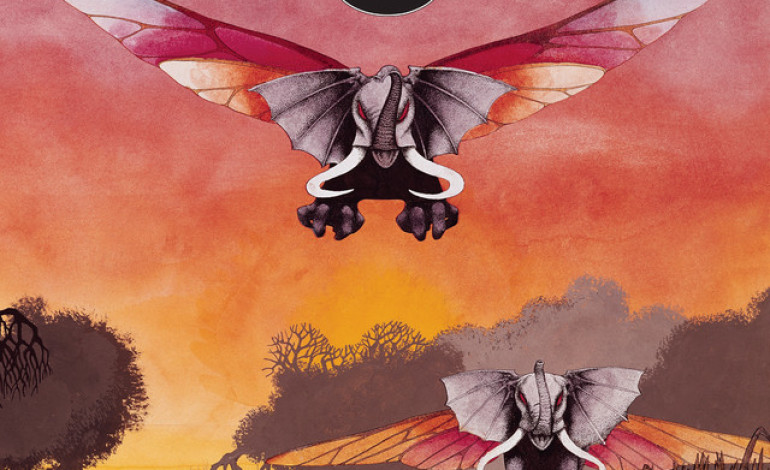
Teddy Osei, the frontman and visionary behind Osibisa, has passed away at 87. A pioneer in world music, Osei helped bring African sounds to London and the world beyond, leaving an undeniable mark on music and culture.
Born in Kumasi, Ghana, in 1937, Osei’s musical journey began with highlife, a genre born from the fusion of African rhythms and Western jazz, which became popular under British colonial rule. With his first band, The Comets, he discovered his talent for blending genres. This skill would be the aspect of Osibisa that made them one of the most experimental acts to make it mainstream, whilst always remaining accessible to new listeners.
Osei had to work to earn his success. After moving to London in 1962, he worked as a pot washer to support himself while attending a music and drama school, alongside performing. He first picked up the saxophone when left to fill in for an absent bandmate, and continued to teach himself to play. He would play the instrument on all but one of Osibisa’s albums.
In 1969, after returning to London from a stint touring Europe with fellow students, Osei founded Osibisa. The band’s name came from the Ghanaian word osibisaba, which translates to ‘highlife’. Combining African rhythms with jazz, rock, funk, and disco, Osibisa created an ever-changing, genre-defying style that resonated with audiences across continents.
Osibisa quickly gained traction in the UK. Their first two albums, produced by Tony Visconti and featuring artwork by Roger Dean, both reached 11 in the UK charts. Their track ‘Sunshine Day’ peaked at 17 on the singles chart, and charted higher than Paul Simon’s ‘50 Ways To Leave Your Lover’ and Roxy Music’s ‘Both Ends Burning’ in 1976.
Teddy osei’s impact on uniting Carribeans and Africans in the Uk needs to be studied.
— Ya’siin. (@213yasiin) January 15, 2025
Osei’s vision extended beyond music, seeing it as a medium for hope. Osibisa played an important role in uniting African and Caribbean diasporas in the UK, and inspiring pride in African heritage. In response to his passing, one X user simply put “Teddy Osei’s impact on uniting Caribbeans and Africans in the UK needs to be studied.”
In 2000, their hit ‘Sunshine Day’ was chosen as a theme for the UEFA European Championships. In 2010, Osei suffered a stroke, but continued to guide the band, deciding what they recorded and directing the artwork that would appear on their albums. He once said, “We put [everything] in one pot and cook it,” a perfect metaphor for Osibisa.
His positivity shone through in interviews. Speaking in 1995 in an interview on Greek radio, he said, “I knew I had something to offer, to make people happy.” Reflecting on the band’s unique sound, he described it as “exploding rhythms, with excitement, getting people up and feeling good.”
Osei’s contributions extended to the literary world as well. He had input on Lloyd Bradley’s Sounds Like London, a definitive history of Black music in the UK, which was praised not only as a book, but as a piece of social history.
Teddy Osei’s impact is undeniable. His music united diverse communities and brought African rhythms to the world stage. He was admired by Jimi Hendrix and Stevie Wonder (the latter of which helped Osibisa earn a record deal), and played alongside The Rolling Stones in a Top of the Pops performance of Brown Sugar. Osei’s influence is all around us, and the music world is a little less fun without him.
